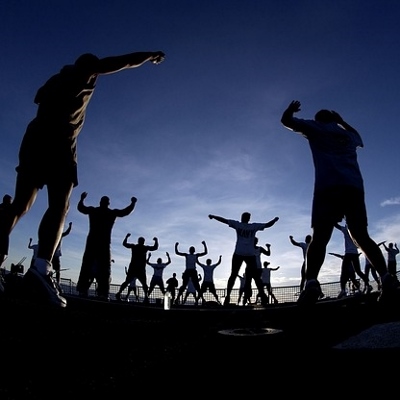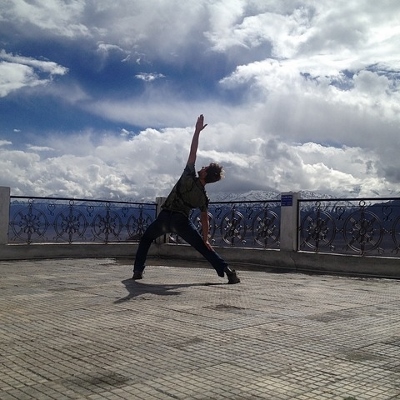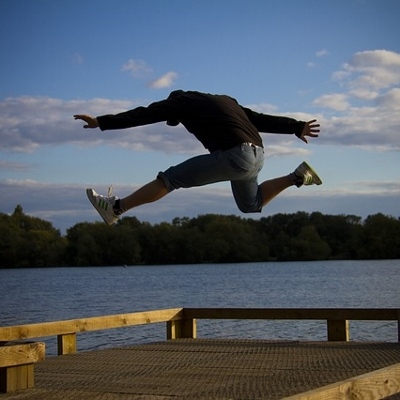 Being able to go for a run or bike ride without having to think of layering your clothes is one reason most people welcome summer. At the same time, hot weather is not without its risks. Dehydration is one aspect of heat-related illness typically seen in the summer months, and may be followed by heat cramps, heat exhaustion, and heat stroke, which can lead to death.
Being able to go for a run or bike ride without having to think of layering your clothes is one reason most people welcome summer. At the same time, hot weather is not without its risks. Dehydration is one aspect of heat-related illness typically seen in the summer months, and may be followed by heat cramps, heat exhaustion, and heat stroke, which can lead to death.
While exercising outdoors in hot weather, the easiest and most sensible, way to avoid becoming dehydrated and suffering from heat stress is to do it when it’s cooler. This means either waking up extra early for the day’s cardio session if you haven’t already adopted the practice, or going for your run later in the evening.
Staving off dehydration isn’t only about drinking liters of water before and after cardio activity either. In fact, given the electrolytes lost through sweating caused by the exercise and the heat, excessive hydration with plain water might lead to the risk of hyponatremia. This condition describes insufficient sodium in the body fluids found outside the cells. Thus, it is more advisable (and probably easier) to replenish electrolytes with sport drinks and proper meals.
In addition to avoiding the heat, light clothing (made from moisture-wicking fabrics) also comes in handy. Such fabrics “carry†sweat away from the skin, so that it evaporates to ensure that the body is sufficiently cooled during aerobic exercise.
This helps to overcome the humidity that accompanies the summer heat, which can prevent the evaporation of the sweat that forms with exertion. When heat is retained in this manner, it can lead to discomfort at best, and to heat stress and heat exhaustion if not remedied promptly.
If exercising under the sun is unavoidable, at least avoid the hottest times of the day (late morning, early afternoon), work out at reduced intensity and duration to limit heat stress, and apply sunscreen. By preventing sunburn, you ensure that your skin is able to cool itself later on.





